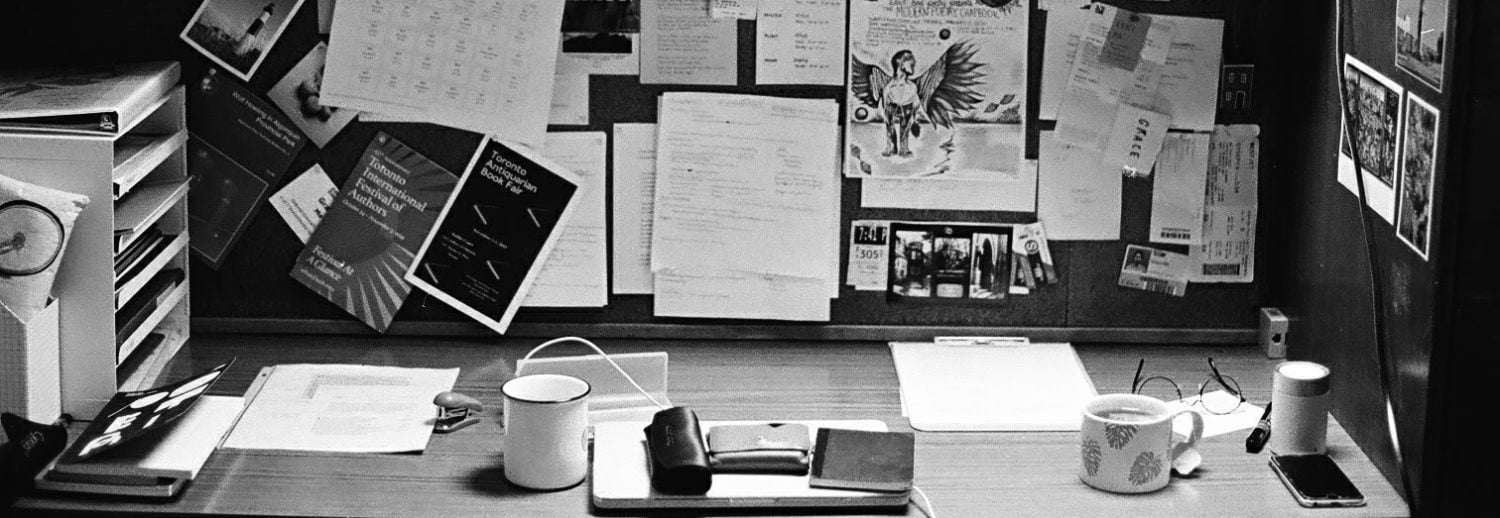I have had no loyalty to this summer, and I feel compelled to apologize when no one knows so. April and May were the greenway, June the forest, July the neighbouring neighbourhood. I cannot go back to whatever is the previous, I cannot bare to look at one thing for too long.
I’ll be happy with the nine paintings out of the thirty I planned. (After the fifth painting on the fifth day I broke down, and mustered up two more in the next two weeks). No one but my parents and I are supposed to know this. I quit Instagram for a reason.
Today I told my friend my cognitive dissonance: “my parents’ expectations eroding my own, to the point where I no longer known what are my own, and what makes up my own.” This is dramatic until it is not. I told her that art is my “truth developed by a constant comparison with parts of me I think are untruths, or ungenuine.” This is always indulgent, but suppressing such a thought adds to the indulgence sooner or later.
This got me thinking, where do “I” end? Alan Watts would say (not that I trust him wholly) there is no end. I am my skin which is air. A female character in an Alice Munro novel might say, at marriage. Those in shackles might say, from birth. (I cannot deal with the last one, I feel compelled to defend to myself). It made me think that ultimately I could never become the self-made woman. It was too late, and too impossible. My most authentic being will have to be one who always seeks to parse out my truth despite knowing the futility. Futility in this case, I’m thinking, cannot be thought of as tragic. This would feed into my ego. The futility will have to be expressed, and thus freed.
I then wondered, there must be different ranges of complexities to our loves. Supposed complexities. For example, I think my love for my parents is more complex than my love for watermelon. Merriam-Webster defines complex as: “a whole made up of complicated or interrelated parts.” I think this because I believe I see my parents as a more complex entity than the watermelon. I see this because I’ve created more diverse memories with my parents than with watermelon, in one part because I’ve spent more time with them and in the other because they are sentient beings and can react back, and thus create more permutations of experiences. Of course, being a more complex entity and creating more diverse memories with such entity does not guarantee (perhaps doesn’t even predict) the complexity of your love. I could make my love for watermelon as complex (with as many quantifiable ‘parts’) as my the one for my parents’. But to make, to force, is that even love anymore?
Perhaps complexity is a fallacious measurement, too numerical in its foundation. But without numbers, there will inevitably be another measurement—emotions, intensity. I think, then, I know what I will argue: only when we are in the being of loving can we stop measuring, and thus truly ‘measure’ our love with its measure of infinity.
My love total, the largest whole, encompasses the wholes of its parts—the different things, people and ideas I love—and these whole parts overlap in their wholeness. For example, my parents enjoy offering watermelon slices after evening strolls. Two infinities creating more and the same to love.
